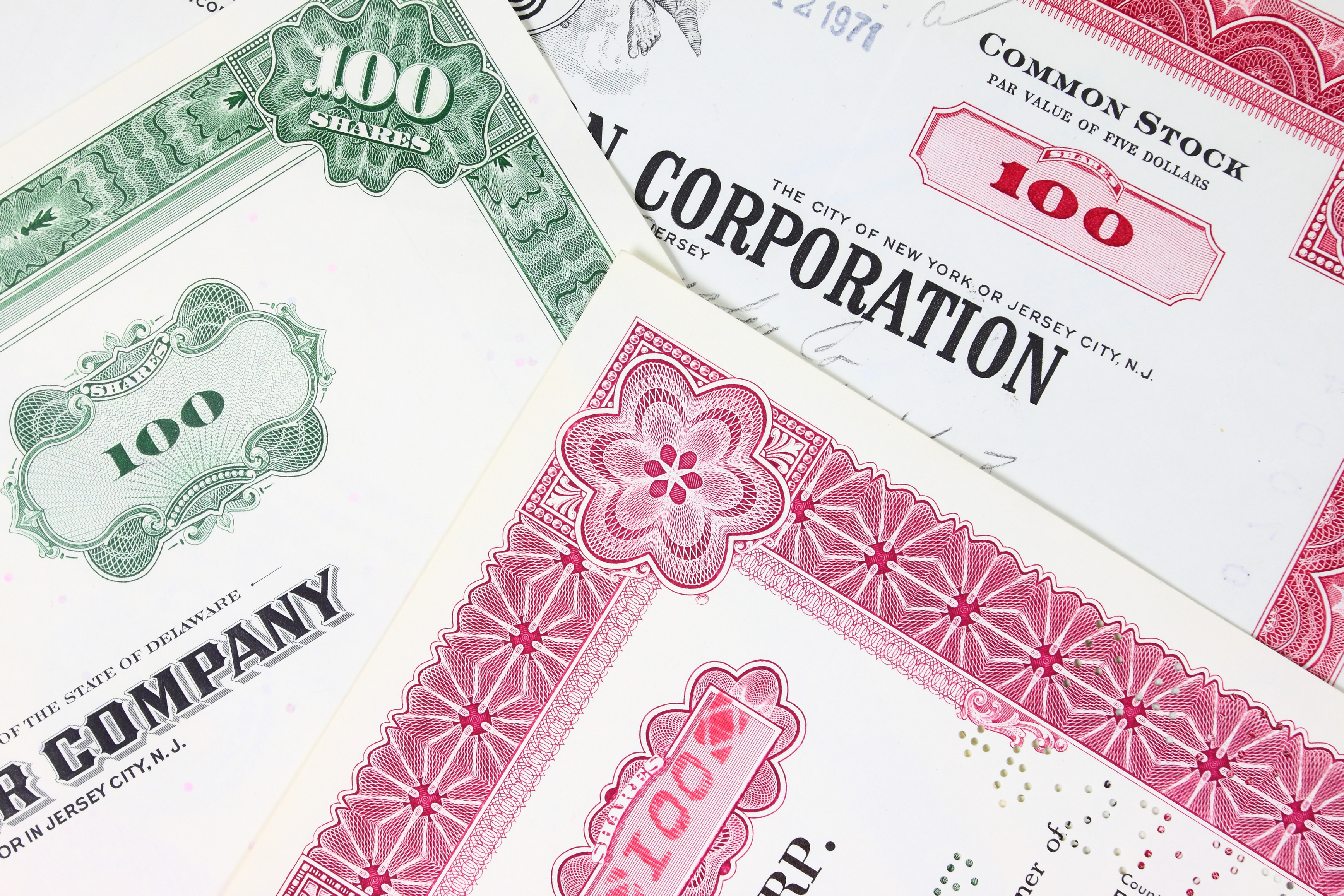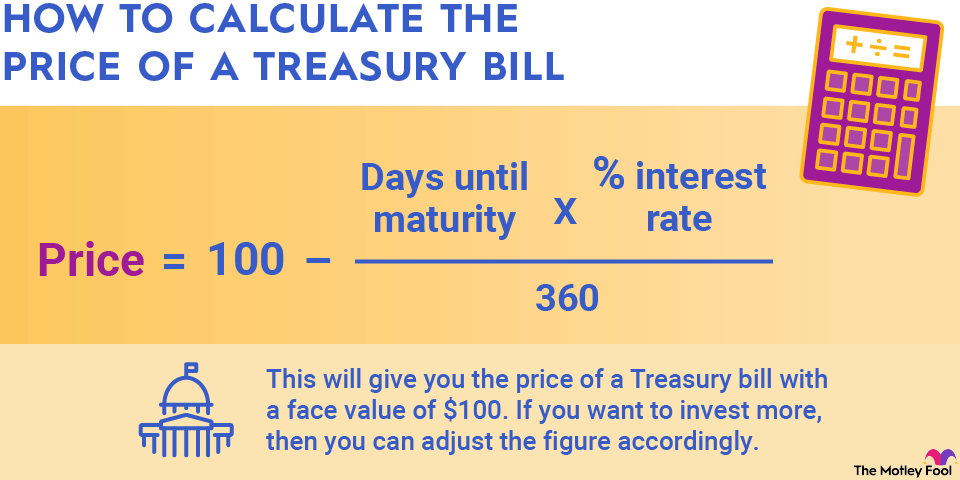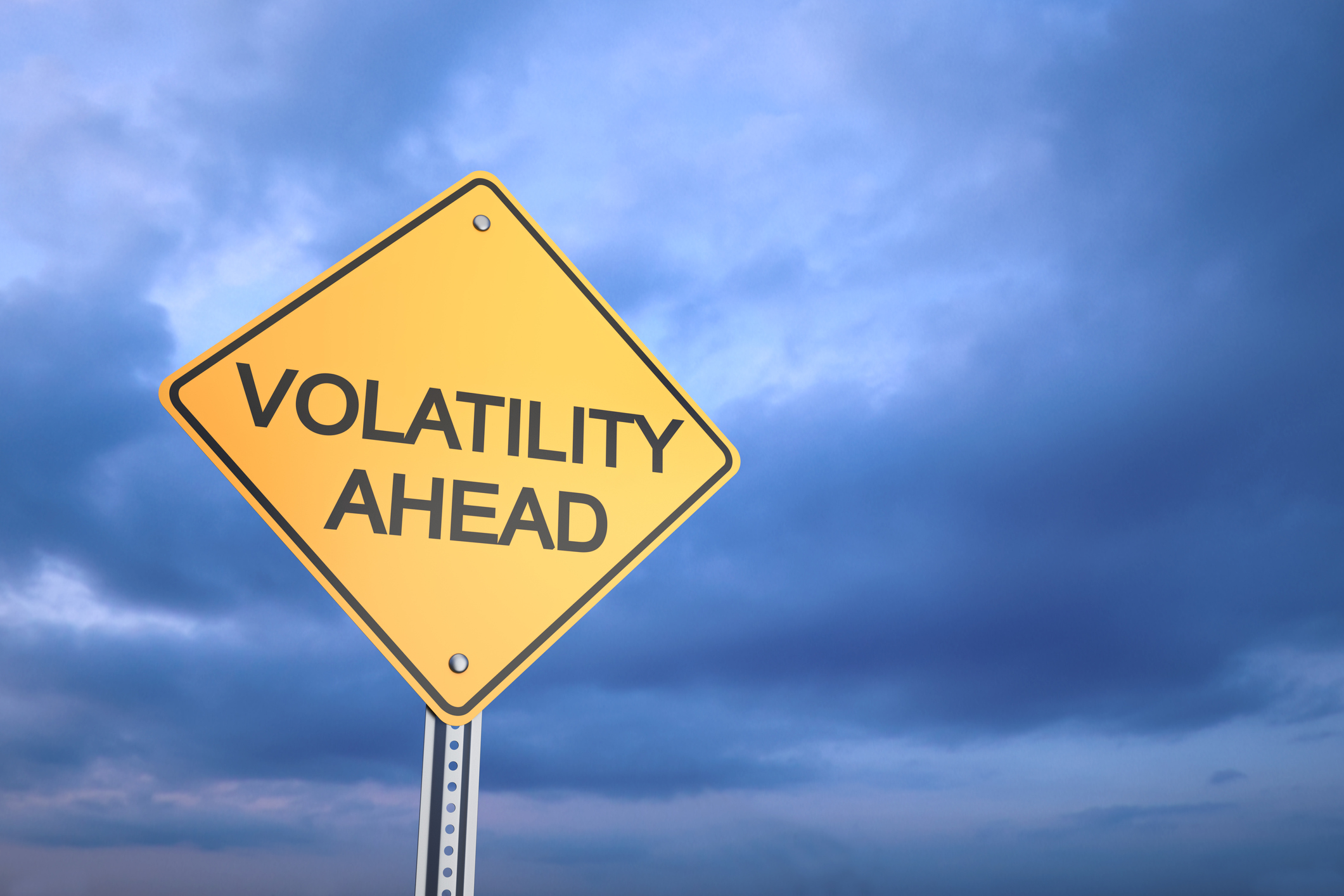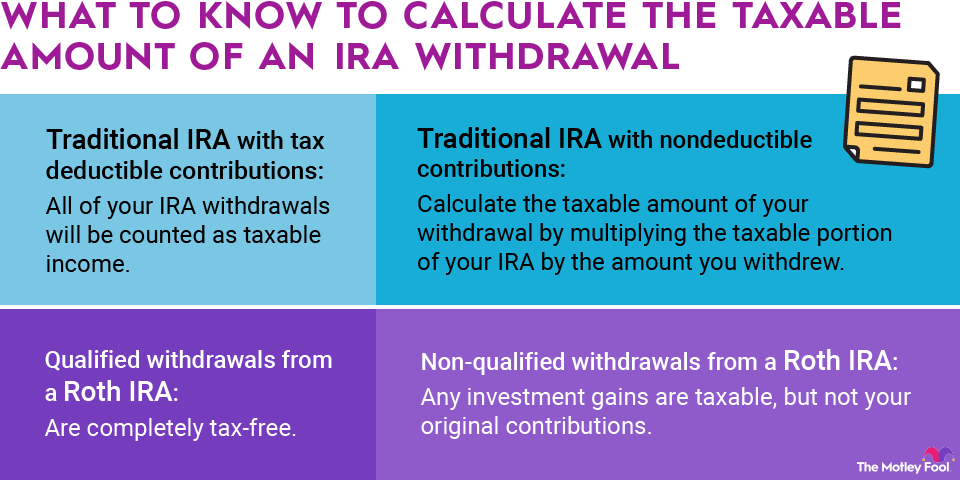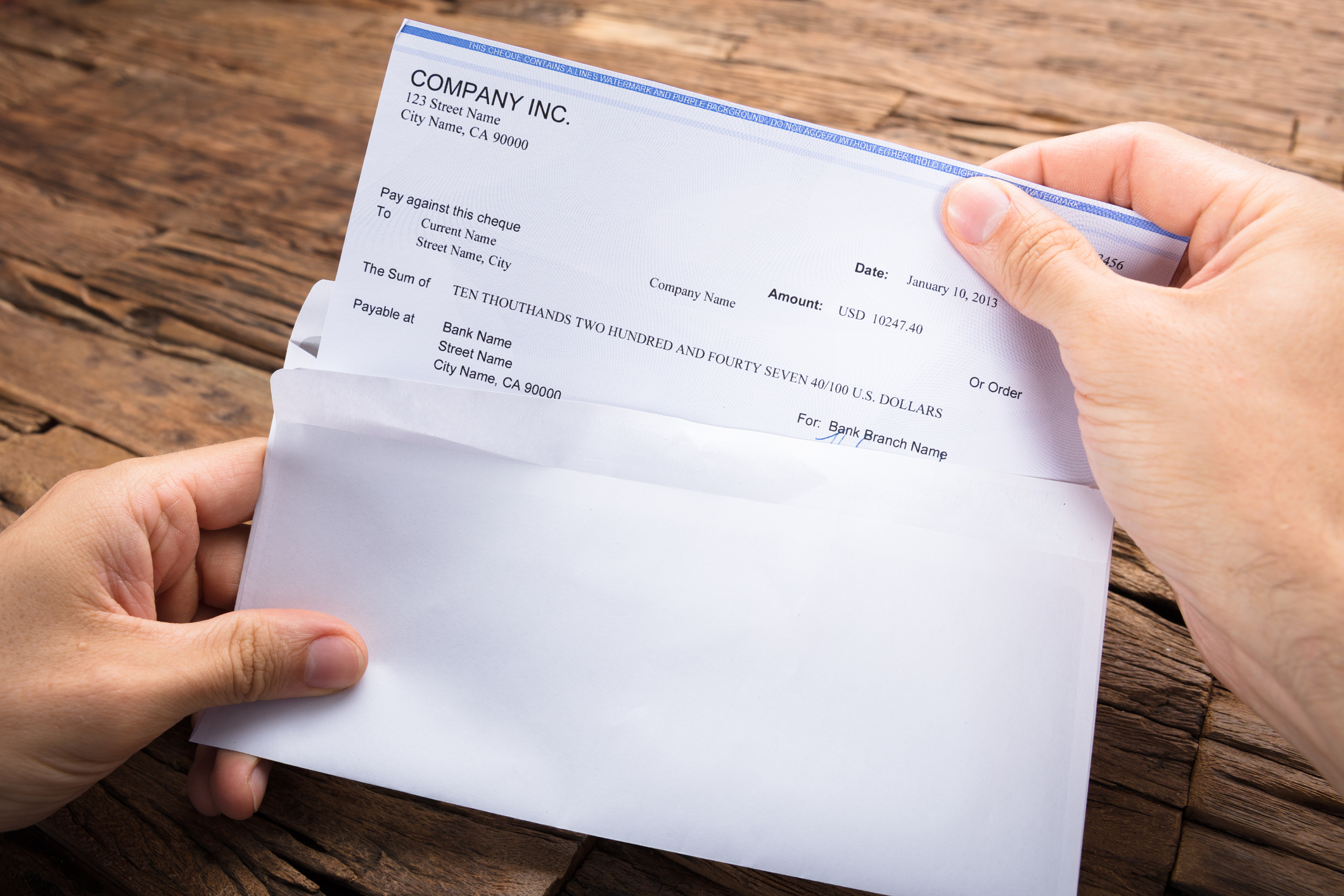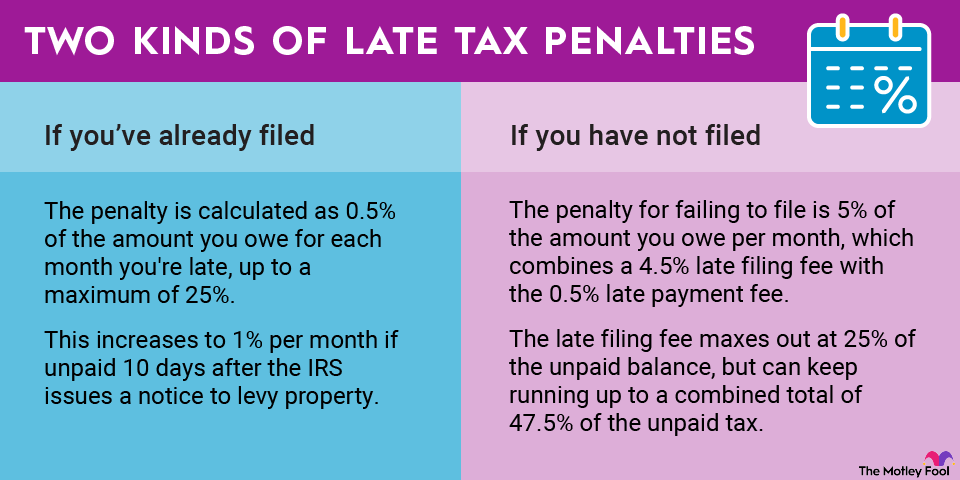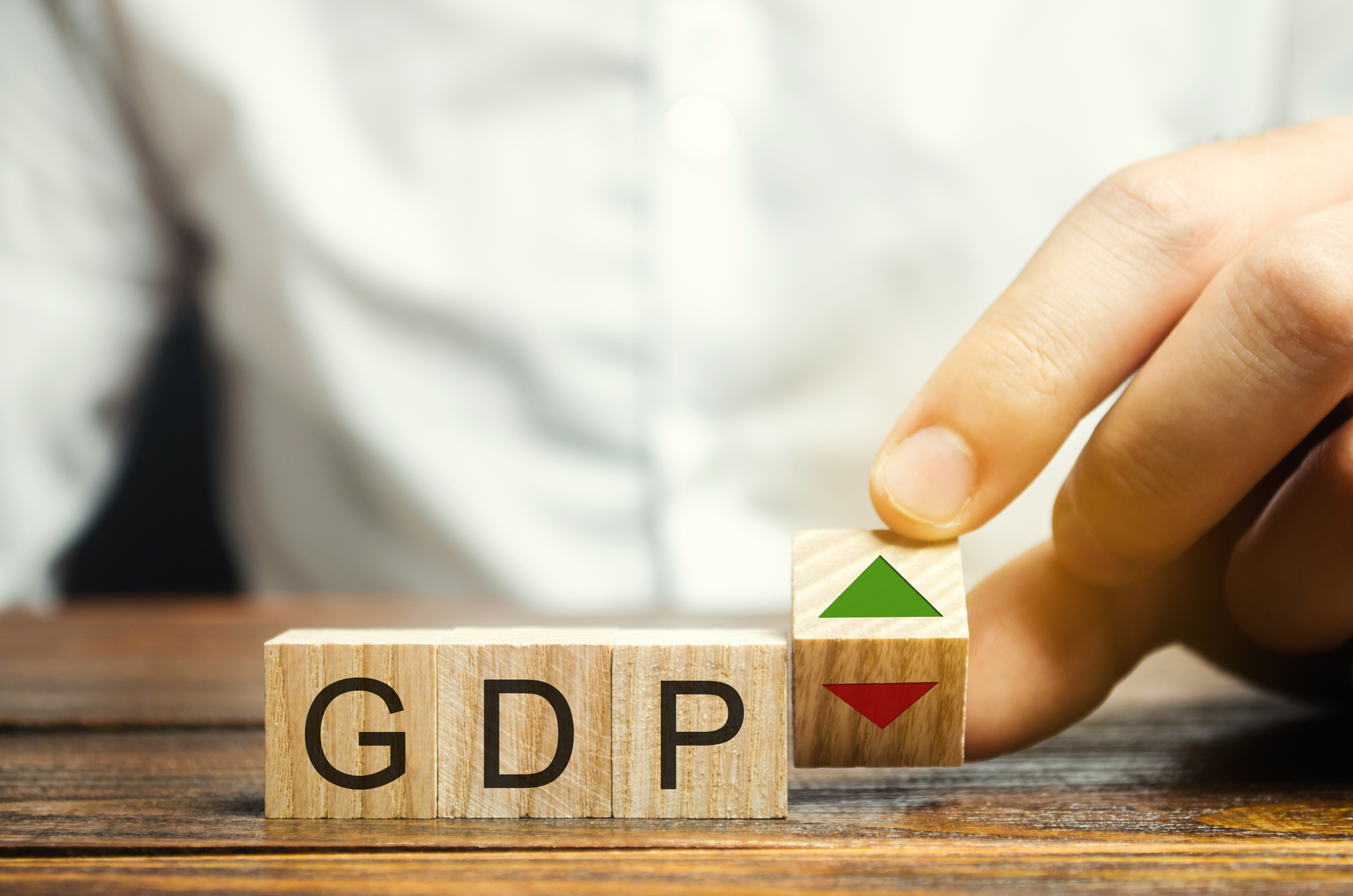Return on equity, often abbreviated as ROE, is a financial metric used to judge the strength of a business by answering this key question: How much profit does it generate as a function of the cash it has to work with? In other words, one dollar of equity translates into exactly how many dollars of earnings?
The best businesses and the most skilled management teams will typically produce a consistently high rate of return on common stock equity.

You should be able to look up ROE figures on the stocks you own through your broker. But to calculate ROE in your own, you only need two figures, both of which are available in a company's 10-K annual report. First, grab net income from the income statement (sometimes it's called "net earnings" and found in the "earnings statement"). Next, pull shareholders' (or "stockholders'") equity from the balance sheet. Divide the first figure by the second, and voila, you've figured out the return on stock equity.
Net income / shareholders' equity = return on stock equity (ROE)
Why ROE matters
Consistently high rates of return on equity are unusual in the business world. In fact, Home Depot's 68% figure puts it in the top 3% of the 500 companies that make up the S&P 500 index.
That's why ROE is one number that legendary investor and Berkshire Hathaway CEO Warren Buffett often discusses when he is talking about strong businesses. In his 1987 letter to shareholders, for example, Buffett noted that Berkshire's largest divisions as a group earned a 57% ROE that year, which was higher than any of the 1,000 largest publicly traded companies. "You'll seldom see such a percentage anywhere, let alone at large, diversified companies" with no debt, he said.
Related investing topics
Yet it's important to remember that an investor's return, judged in terms of their share of generated earnings, will almost always be much lower than a company's ROE. That's because shares are typically purchased at a substantial premium to the carrying value of equity on a company's books. Home Depot's market capitalization is close to $150 billion, or about 16 times its shareholders' equity figure.
Still, calculating a company's ROE -- particularly in comparison to rivals within the same industry -- is a great way to find out whether the stock you're evaluating is being effectively managed and has a strong underlying business.





